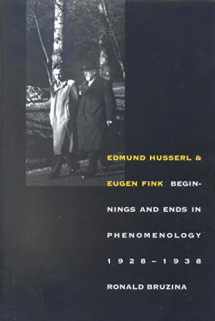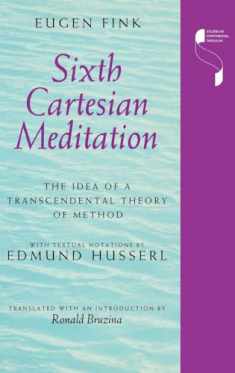
Edmund Husserl and Eugen Fink: Beginnings and Ends in Phenomenology, 1928–1938 (Yale Studies in Hermeneutics)
Book details
Summary
Description
Eugen Fink was Edmund Husserl’s research assistant during the last decade of the renowned phenomenologist’s life, a period in which Husserl’s philosophical ideas were radically recast. In this landmark book, Ronald Bruzina shows that Fink was actually a collaborator with Husserl, contributing indispensable elements to their common enterprise.
Drawing on hundreds of hitherto unknown notes and drafts by Fink, Bruzina highlights the scope and depth of his theories and critiques. He places these philosophical formulations in their historical setting, organizes them around such key themes as the world, time, life, and the concept and methodological place of the “meontic,” and demonstrates that they were a pivotal impetus for the renewing of “regress to the origins” in transcendental-constitutive phenomenology.


We would LOVE it if you could help us and other readers by reviewing the book
Book review




